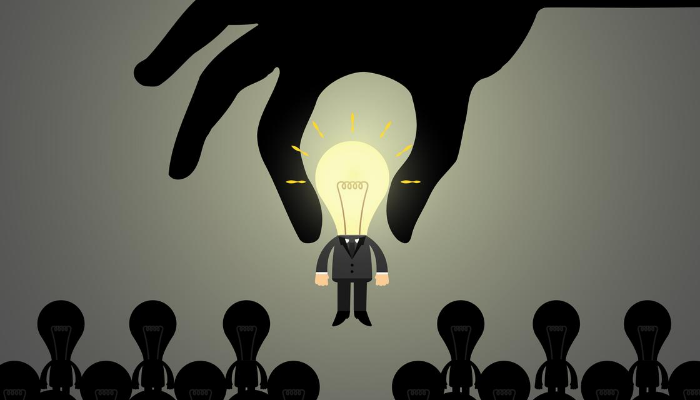The Economic Impact of the Pandemic
As the battered global economy is gradually picking up again, renewed hope is beginning to grow. But, the damage is already done. At the moment, the world is facing an economic recession that experts say might rival that of The Great Depression. The lockdown forced businesses to shut down. Unemployment increased – the world of work was in total disarray. Now, the future of work is highly unpredictable, so is the hiring outlook of organizations across industries.
COVID-19’s Disruption to Employment
The report of a survey carried out by the Indian Society of Labor Economics states that, while lower economic growth and rise in inequality would be the long-term effects of the coronavirus pandemic, the COVID impact on employment is the most severe disruption. Considering the unemployment rate recorded in the months that followed the lockdown, it’s not hard to see why this is so. COVID impact on jobs in India saw one of the highest unemployment rates that stood at over 27%. All through this period, and currently, the hiring outlook for businesses still remains unclear.
Workplace Evolution Post-Pandemic
However, since the pandemic struck, a lot of things have changed in the world of work. And, although the year 2020 will be fondly remembered for the coronavirus pandemic, it will also be remembered as the year of the workplace evolution. Unfortunately, these changes, which many have touted could be the future of work; although welcoming, are taking place in a highly unstable period. With the pandemic-induced changes, new skillsets are needed. As a result, organizations are reevaluating their hiring outlook to compensate for these realities.
Related Reads
- Evolution of HR Post Pandemic
- Future Of HR In India – The Evolution Of Work Culture
- The Dynamic Recruitment Outlook
Survey Insights on Hiring and Skills for the Future
A report titled “Navigating Workplace Turbulence” was released by BML Munjal University (BMU). The report was created based on a survey on HR heads and CHROs. They gave their insights on the COVID impact on hiring outlook and how it affects the status of work, expectations from new recruits, the role of education in the development of the talent pool, and the required skills needed for the future.
According to the study, employers now place more value on soft skills and practical experience. 45% of the respondents stated that universities should focus on building students with a high level of adaptability. In addition, they stated that the workplace evolution brought about by COVID-19 has further escalated the need for students to develop an entrepreneurial mindset, and the ability to collaborate and work within a team.
Hiring Outlook and Economic Uncertainty
In terms of the COVID impact on hiring outlook, as much as 32% of the HR leaders surveyed are uncertain about the economy. They believe that COVID-19 will have a long-lasting impact, also leading to a prolonged recession. Consequently, this has an impact on the hiring outlook as only 55% of the respondents were open to recruiting to fill essential positions. As a result, there’s the likelihood that recruitment into IT, Marketing and Sales, and Production/Manufacturing positions will increase in the headcount (at 32%, 25%, and 24% respectively).
Education and Industry Collaboration for Future Skills
However, the HR leaders believe that the new-age educational institutes are well-equipped to prepare students for jobs. Nevertheless, they suggested that universities should consult with the industry to introduce courses that focused on life skills into the curriculum, if not already on the curriculum. 51% suggested offering more courses in life skills in consultation with industry, and a further 22% favor making industry internships mandatory.
References:
- Job loss most severe immediate impact of covid19: Survey | PTI||June 11, 2020
- Employers want college graduates with superior soft skills: Adaptability, Collaboration and Entrepreneurial Mindset in Demand | Shri Amitabh||August 25, 2020





